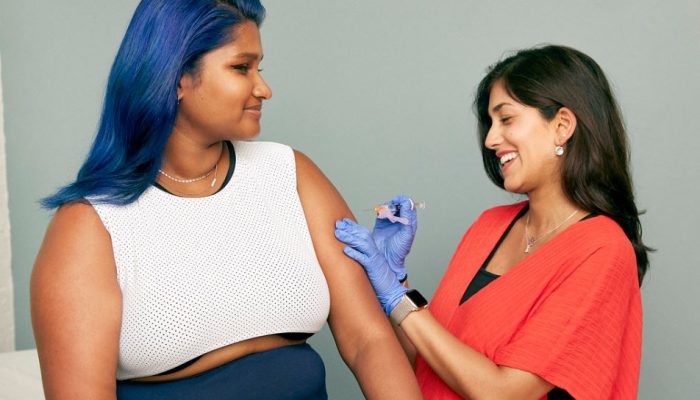(Note: this post was updated on November 14, 2019.)
On August 1, 2019, the Department of Public Health declared a public health emergency to address the rise in hepatitis A in Philadelphia. Hepatitis A is a contagious liver disease caused by the hepatitis A virus. Hepatitis A is usually spread when the virus enters the body through the mouth from contact with objects, food, or drinks that have been contaminated by the feces (poop) of an infected person.
Why is the City concerned about the number of cases of hepatitis A in Philadelphia?
In 2019, the Health Department has confirmed 387 cases of acute hepatitis A infection as of November 8 and is investigating several additional reports. Since introduction of the hepatitis A vaccine as a routine immunization for children, the city typically receives anywhere from two to nine reports each year.
For local updates and guidance for clinical providers, visit the Philadelphia Health Information Portal at https://hip.phila.gov/EmergentHealthTopics/HepA.
What has the Health Department been doing to control hepatitis A in Philadelphia?
Since the summer of 2018, the Health Department has conducted extensive outreach to raise awareness and provide hepatitis A vaccine and personal hygiene items to high-risk populations and potentially exposed persons living in neighborhoods with increased disease burden.
The Health Department has also been working with Prevention Point Philadelphia, homeless shelters, hospital emergency departments, the Philadelphia Department of Prisons, and other City agencies who serve at-risk populations to expand outreach, promote vaccination, and increase the Department’s access to these high-risk groups, and has conducted street outreach to interact with these populations to directly offer hepatitis A vaccine. The Health Department has also issued six health alerts since Fall of 2017 to the health care community to raise awareness about national and local increases and provide instructions on how to recognize and prevent infection.
What is the Health Department doing to address the current outbreak of hepatitis A?
The Health Department declared a public health emergency on August 1. The declaration instructs health care providers, managed care organizations and health insurers, and governmental and non-governmental organizations who treat or work with at-risk groups in Philadelphia to take the following actions to the extent applicable and feasible:
- Vaccinate people at risk, including: persons living homeless, people who use drugs, people who are or were recently incarcerated, men who have sex with men, and people with chronic liver disease with two-dose hepatitis A vaccine, with the first dose administered at the first opportunity at hospital emergency departments, Federally Qualified Health Centers, primary care and ambulatory health centers, prisons and correctional facilities, and pharmacies.
- Vaccinate close contacts of cases, including: sex partners, people who share living spaces, people who share drugs, and recent traveling companions who shared living spaces/bathrooms.
- Reimburse for immunization services provided to health plan members related to this declaration.
- Advise persons with hepatitis A to take steps to prevent transmission, including hand washing, avoiding food preparation for others, condom use, and drug use harm reduction practices.
- Promptly report acute cases of hepatitis A by calling the Department of Public Health, Division of Disease Control, at 215-685-6740, or 215-686-4514 outside of business hours.
Can I get a hepatitis A vaccine without going to my doctor?
Yes. The Health Department has been providing free vaccinations at designated locations throughout the city. Call (215) 685-6740 to learn about where and when you can get a free hepatitis A vaccine.
How can I prevent getting hepatitis A?
The best way to prevent hepatitis A is through vaccination. Frequent hand washing with soap and warm water after using the bathroom, changing a diaper, or before preparing food can help prevent the spread of hepatitis A.



